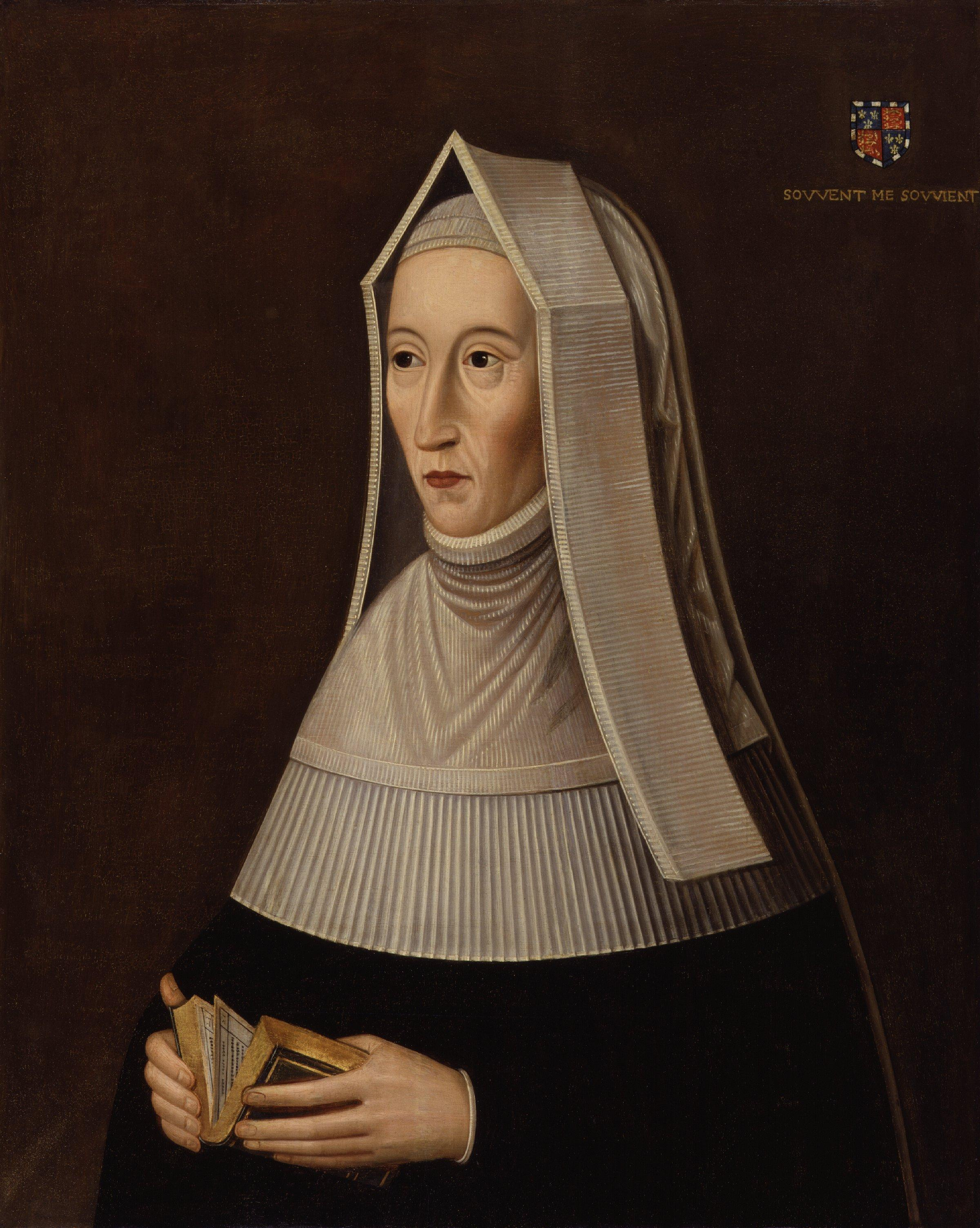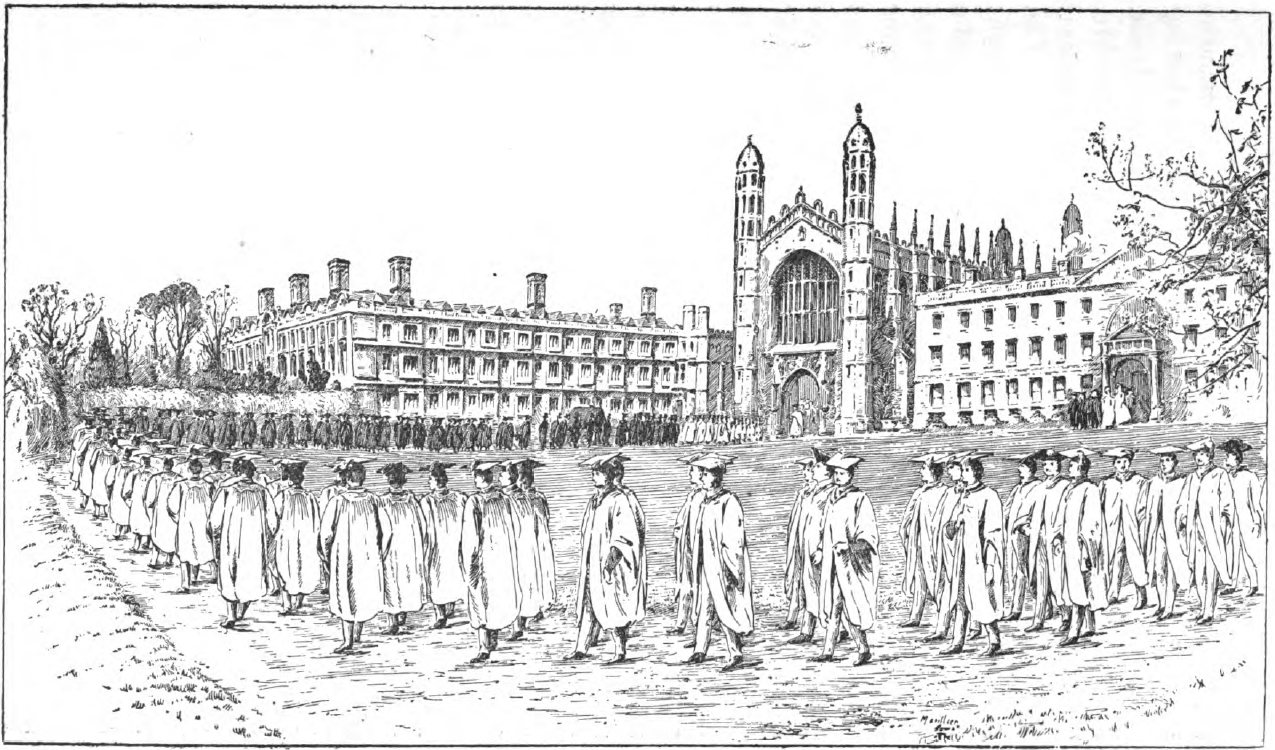|
Herbert Marsh
Herbert Marsh (10 December 1757 – 1 May 1839) was a bishop in the Church of England. Life The son of Richard Marsh (1709–1779), Vicar of Faversham in Kent, Marsh was born there and educated at Faversham Grammar School, the King's School, Canterbury, and St John's College, Cambridge, where he graduated BA as second wrangler and was elected a fellow of St John's in 1779, the year of the death of his father. He won prizes in 1780 and 1781, proceeded to MA in 1782 and to Bachelor of Divinity in 1792. While retaining his fellowship at St John's, Marsh studied with J. D. Michaelis at Halle in Prussia and learned the higher criticism. When he returned to England, he translated Michaelis's ''Introduction to the New Testament'' and added to it his own hypothesis on the problem of the Synoptic Gospels. Arguing from textual analysis, he advanced a proto-gospel hypothesis, a variant and modification of the contemporary claim by Johann Gottfried Eichhorn. His ''Dissertation'' ( ... [...More Info...] [...Related Items...] OR: [Wikipedia] [Google] [Baidu] |
The Right Reverend
The Right Reverend (abbreviated The Rt Revd, The Rt Rev'd, The Rt Rev.) is a style (manner of address), style applied to certain religion, religious figures. Overview *In the Anglican Communion and the Roman Catholicism in the United Kingdom, Catholic Church in Great Britain, it applies to bishops, except that ''The Most Reverend'' is used for archbishops (elsewhere, all Roman Catholic Church, Catholic bishops are styled as ''The Most Reverend''). *In some churches with a Presbyterian heritage, it applies to the current Moderator of the General Assembly, such as **the current Moderator of the United Church of Canada (if the moderator is an ordained minister; laypeople may be elected moderator, but are not styled Right Reverend) **the current Moderator of the Presbyterian Church in Ireland **the current Moderator of the General Assembly of the Church of Scotland **the current Moderator of the Presbyterian Church of East Africa **the current Moderator of Presbyterian Church of G ... [...More Info...] [...Related Items...] OR: [Wikipedia] [Google] [Baidu] |
Halle (Saale)
Halle (Saale), or simply Halle (; from the 15th to the 17th century: ''Hall in Sachsen''; until the beginning of the 20th century: ''Halle an der Saale'' ; from 1965 to 1995: ''Halle/Saale'') is the largest city of the Germany, German States of Germany, state of Saxony-Anhalt, the fifth most populous city in the area of former East Germany after (East Berlin, East) Berlin, Leipzig, Dresden and Chemnitz, as well as the List of cities in Germany by population, 31st largest city of Germany, and with around 239,000 inhabitants, it is slightly more populous than the state capital of Magdeburg. Together with Leipzig, the largest city of Saxony, Halle forms the polycentric Leipzig-Halle conurbation. Between the two cities, in Schkeuditz, lies Leipzig/Halle Airport, Leipzig/Halle International Airport. The Leipzig-Halle conurbation is at the heart of the larger Central German Metropolitan Region. Halle lies in the south of Saxony-Anhalt, in the Leipzig Bay, the southernmost part of the N ... [...More Info...] [...Related Items...] OR: [Wikipedia] [Google] [Baidu] |
Lady Margaret's Professor Of Divinity
The Lady Margaret's Professor of Divinity is the oldest professorship at the University of Cambridge. It was founded initially as a readership by Lady Margaret Beaufort, mother of King Henry VII, in 1502. Since its re-endowment at the end of the 20th century, it is now specifically a chair in New Testament and early Christian studies. There is also a Lady Margaret Professor of Divinity at the University of Oxford , mottoeng = The Lord is my light , established = , endowment = £6.1 billion (including colleges) (2019) , budget = £2.145 billion (2019–20) , chancellor .... List of Lady Margaret's Professors Dates shown are date of election. Notes External links Faculty of Divinity, University of Cambridge {{DEF ... [...More Info...] [...Related Items...] OR: [Wikipedia] [Google] [Baidu] |
Isaac Milner
Isaac Milner (11 January 1750 – 1 April 1820) was a mathematician, an inventor, the President of Queens' College, Cambridge and Lucasian Professor of Mathematics. He was instrumental in the 1785 religious conversion of William Wilberforce and helped him through many trials and was a great supporter of the abolitionists' campaign against the slave trade, steeling Wilberforce with his assurance before the 1789 Parliamentary debate: He was also a natural philosopher and the Dean of Carlisle. Biography Milner was born on 11 January 1750 in Mabgate, Leeds. He began his education at a grammar school in Leeds in 1756, but this ended in 1760 with the death of his father. He was apprenticed as a weaver, reading the classics when time permitted, until his elder brother, Joseph Milner, provided him with an opportunity. Joseph was offered the mastership at Hull's grammar school and invited Isaac to become the institution's usher. Through the patronage of his brother, Milner was subs ... [...More Info...] [...Related Items...] OR: [Wikipedia] [Google] [Baidu] |
Charles Simeon
Charles Simeon (24 September 1759 – 13 November 1836) was an English evangelical Anglican cleric. Life and career He was born at Reading, Berkshire, in 1759 and baptised at St Laurence's parish church on 24 October of that year. He was the fourth and youngest son of Richard Simeon (died 1784) and Elizabeth Hutton. His eldest brother, named Richard after their father, died early. His second brother, John, entered the legal profession, became an MP and received a baronetcy. The third brother, Edward Simeon, was a director of the Bank of England. Simeon was educated at Eton College and King's College, Cambridge. As an undergraduate at King's from 1779, brought up in the high church tradition, he read ''The Whole Duty of Man'' and then a work by Thomas Wilson on the sacrament, and taking communion at Easter experienced a Christian conversion. In 1782 he became fellow of King's College and was ordained deacon. He graduated B.A. in 1783 and, in the same year, was ordained a prie ... [...More Info...] [...Related Items...] OR: [Wikipedia] [Google] [Baidu] |
Evangelicalism
Evangelicalism (), also called evangelical Christianity or evangelical Protestantism, is a worldwide interdenominational movement within Protestant Christianity that affirms the centrality of being " born again", in which an individual experiences personal conversion; the authority of the Bible as God's revelation to humanity (biblical inerrancy); and spreading the Christian message. The word ''evangelical'' comes from the Greek (''euangelion'') word for " good news". Its origins are usually traced to 1738, with various theological streams contributing to its foundation, including Pietism and Radical Pietism, Puritanism, Quakerism, Presbyterianism and Moravianism (in particular its bishop Nicolaus Zinzendorf and his community at Herrnhut).Brian Stiller, ''Evangelicals Around the World: A Global Handbook for the 21st Century'', Thomas Nelson, USA, 2015, pp. 28, 90. Preeminently, John Wesley and other early Methodists were at the root of sparking this new movement during the ... [...More Info...] [...Related Items...] OR: [Wikipedia] [Google] [Baidu] |
Divine Grace
Divine grace is a theological term present in many religions. It has been defined as the divine influence which operates in humans to regenerate and sanctify, to inspire virtuous impulses, and to impart strength to endure trial and resist temptation; and as an individual virtue or excellence of divine origin. Buddhism While many schools of Buddhism emphasize self-discipline and effort as the path to enlightenment, something akin to the concept of divine grace is present as well. One of the most prominent examples of this is the doctrine of the Jōdo Shinshū branch of Pure Land Buddhism, founded by the 12th-century Japanese monk, Shinran. In Buddhism, the concept of "merit" refers to the power of good karma built up over time through meditation, effort and spiritual practice- in Japanese, "Jiriki," or "self-power." This merit can be transferred to other sentient beings by a spiritual adept or bodhisattva, motivated by compassion for all beings cultivated through attaining bo ... [...More Info...] [...Related Items...] OR: [Wikipedia] [Google] [Baidu] |
Justification By Faith
''Justificatio sola fide'' (or simply ''sola fide''), meaning justification by faith alone, is a soteriological doctrine in Christian theology commonly held to distinguish the Lutheran and Reformed traditions of Protestantism, among others, from the Catholic, Eastern Orthodox, Oriental Orthodox and Assyrian churches. The doctrine asserts that it is on the basis of faith that believers are made right of their transgressions of the law of God rather than on the basis of what Paul calls "works of the law", sometimes called good works. This forgiveness is known as " justification". In classical Lutheran and Reformed theologies, works are seen to be ''evidence'' of faith, but the works themselves do not determine salvation. In contrast, Methodist doctrine affirms a belief in justification by faith that offers God's forgiveness, but holds that holy living with the goal of Christian perfection (sanctification) is essential for salvation. The doctrine of justification by faith alo ... [...More Info...] [...Related Items...] OR: [Wikipedia] [Google] [Baidu] |
Calvinism
Calvinism (also called the Reformed Tradition, Reformed Protestantism, Reformed Christianity, or simply Reformed) is a major branch of Protestantism that follows the theological tradition and forms of Christian practice set down by John Calvin and other Reformation-era theologians. It emphasizes the sovereignty of God and the authority of the Bible. Calvinists broke from the Roman Catholic Church in the 16th century. Calvinists differ from Lutherans (another major branch of the Reformation) on the spiritual real presence of Christ in the Lord's Supper, theories of worship, the purpose and meaning of baptism, and the use of God's law for believers, among other points. The label ''Calvinism'' can be misleading, because the religious tradition it denotes has always been diverse, with a wide range of influences rather than a single founder; however, almost all of them drew heavily from the writings of Augustine of Hippo twelve hundred years prior to the Reformation. The na ... [...More Info...] [...Related Items...] OR: [Wikipedia] [Google] [Baidu] |
Johann Gottfried Eichhorn
Johann Gottfried Eichhorn (16 October 1752, in Dörrenzimmern – 27 June 1827, in Göttingen) was a German Protestant theologian of the Enlightenment and an early orientalist. He was a member of the Göttingen School of History. Education and early career Born at Dörrenzimmern (now part of the city of Ingelfingen), in the Principality of Hohenlohe-Oehringen, Eichhorn was educated at the state school in Weikersheim, where his father was superintendent, at the gymnasium at Heilbronn and at the University of Göttingen (1770–1774), studying under Johann David Michaelis. In 1774 he received the rectorship of the gymnasium at Ohrdruf, in the duchy of Saxe-Gotha. Professorship in Jena 1775–1788 In 1775 he was made professor of Oriental languages at the Faculty of Theology at Jena University. His published habilitation lecture was about "monetary matters of the early Arabs (De rei numariae apud Arabas initiis)" on the basis of the chronicle of Makin ibn al-'Amid. Later he e ... [...More Info...] [...Related Items...] OR: [Wikipedia] [Google] [Baidu] |
Proto-gospel Hypothesis
The Hebrew Gospel hypothesis (''proto-Gospel hypothesis'' or ''Aramaic Matthew hypothesis'') is that a lost gospel, written in Hebrew or Aramaic, predated the four canonical gospels. Some have suggested a complete unknown proto-gospel (a so-called Ur-gospel) as the source of the canonical gospels. This hypothesis is usually based upon an early Christian tradition from the 2nd-century bishop Papias of Hierapolis. According to Papias, Matthew the Apostle was the first to compose a gospel, and he did so in Hebrew. Papias appeared to imply that this Hebrew or Aramaic gospel (sometimes called the Authentic Matthew) was subsequently translated into the canonical Gospel of Matthew. Jerome took this information one step further and claimed that all known Jewish-Christian gospels really were one and the same, and that this gospel was the authentic Matthew. As a consequence he assigned all known quotations from Jewish-Christian gospels to the "gospels of the Hebrews", but modern studies have ... [...More Info...] [...Related Items...] OR: [Wikipedia] [Google] [Baidu] |



.jpg)

